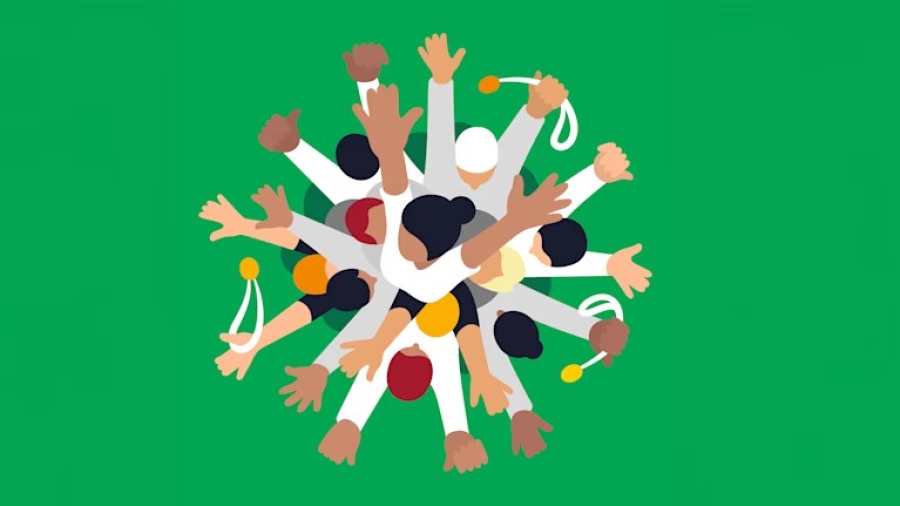Last 11th December Panathlon International, the Secretary General Callo Simona together with Rossi Monica Administrative Secretary, participated in the fourth and last webinar organised by the IOC for 2024 dedicated to ‘Good Governance’. On this occasion the focus was ‘Development & Solidarity’.
In addition to the PI there were 40 other participants representing Sports Federations and Associations. The suggestion that arose after the meeting is to create a Good Governance programme for the coming four-year period 2025/2028.
Here are the main points discussed, which are also well specified in the IOC Code of Ethics:
Distribution of resources
Financial resources generated by sport must be reinvested in sport, with a focus on the development of sport and the direct or indirect support of athletes. Financial revenues must be allocated fairly and efficiently to ensure balanced and attractive competitions, must be dedicated to promoting fair, inclusive and diverse sport, with a focus on gender equality. Financial resources must be used through clear and transparent processes aligned with the development objectives of sport and the principle of solidarity must be a key element in their allocation.
To ensure responsible management of funds, specific mechanisms must be put in place to monitor and evaluate the use of resources by beneficiaries.
For all these reasons, the IOC will monitor the use of donated funds at 3 well-defined levels.
Environmental and Social Responsibility
All sports organisations will have to commit to minimising negative impacts and maximising positive ones by taking responsibility through the organisation of events, promoting gender equality, inclusion and diversity; respecting and promoting human rights; and pursuing environmental excellence.
Collaboration between Sports Organisations and Government Authorities
Sports organisations and government authorities must collaborate and coordinate their actions, respecting each other's jurisdictions and responsibilities, and avoiding undue interference. This collaboration must foster the development of sport at all levels; support and protect athletes, counteracting doping, all forms of manipulation, corruption in sport, as well as harassment, abuse and violence; use sport as a tool to protect young people from crime.
Sports development programmes must be designed to contribute to the Sustainable Development Goals (SDGs) and in particular promote the creation of partnerships between sports organisations, and work towards the expansion and maintenance of sports facilities in countries in need.
Autonomy of the Olympic Movement
During the meeting it was reiterated that all sports organisations must maintain their autonomy and political neutrality in operations and governance. It is essential to reject any form of political, religious or economic pressure that could hinder compliance with the Olympic Charter.
Finally, sports organisations should seek sources of funding that are compatible with the Fundamental Principles of Olympism, promoting diversification of revenues to ensure the sustainability and independence of their activities.
In short, ‘good governance’ is an opportunity to consolidate credibility. We all have a role to play towards our organisation and our members.
During the webinar, William Glenwright, Head of Global Development for the International Cricket Council, Julie Marks (Sustainability Working Group) and Saurav Ghosal (Co-Chair, Athletes' Commission) for the World Squash Federation spoke, bringing their experience in implementing Good Governance milestones.
The meeting ended with the promise of new webinars during 2025.
For more information, this is the link https://www.ipacs.sport/news/good-governance-webinars-conclude-successfully
(translated by Deepl)





